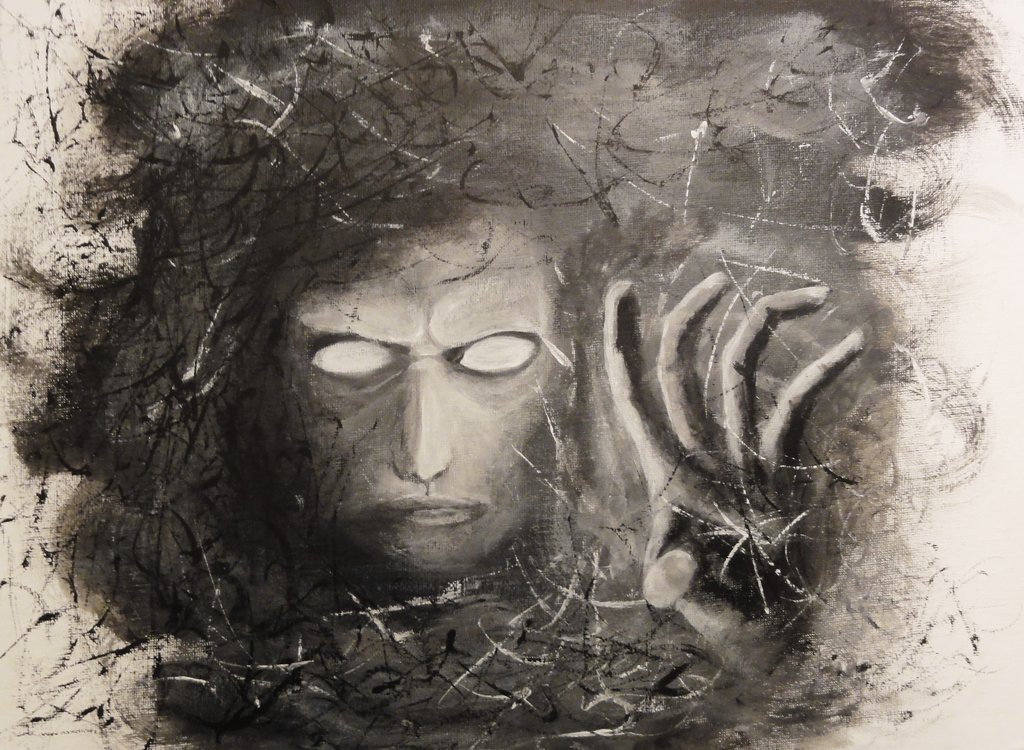Sometimes I have the impression that some demiurge distributes a fixed amount of existential experience among humans, at any given point. The great majority can’t and won’t handle the minimum. So a few will live for many. Some lives are like the sum of thousands of lives in existential experience – for the good and for the bad. Those who live more see further, experience the infinite wells of beauty and of horror that life offers them. And suffer immensely more. This is not true, of course. When I look at Eric, though, is seems real. Then I look the other way and see human mediocrity, pettiness, full of small and limited little lives and I almost believe in the demiurge.
*******
- Life is a process that randomly generates challenges, bigger and smaller, for the living (for every living thing)
- this can range from almost no visible challenges (like the easy lives of some people, or privileged cats and dogs who live a long life in the homes of loving people who will love, feed, keep them warm and clean) to extreme challenges that cannot be overcome, leading to death. Between one and the other, there is a gradient
- People distribute themselves within a gradient of extreme risk takers and extreme risk avoiders. There are other gradients too, such as extreme mission-oriented and not-giving-a-shit.
- Honor seems to be more of a binary system and people distribute themselves between the two only options of having or not having. One can have honor and lose it. Nobody is born with or without honor. Honor is a result of the chain of choices made along a lifetime.
- Challenge-seeking and challenge-avoidance is different from risk avoidance or taking. Challenge may manifest itself (randomly) and an individual either faces it to the fullest (and either survives it or not) or tries to run from it (which he often succeeds at). The immense majority of people fall into the latter class. In a merit-based society, some level of challenge-seeking is required for one to succeed, but it is quite moderate
- Challenge-seeking may be related to mission-oriented inclinations or to pleasure-seeking. Among humans, “work well done” produced pleasure in manners still not completely understood. An artist researching the best approach to representing his project, a scientist developing an elegant model to explain a certain aspect of reality, a ballet dancer rehearsing one turn a thousand time alone or an athlete repeating a gesture for hours en pursuit of perfection are frequently pleasure oriented (and badly misrepresented as sacrifice-oriented)
- Challenge-seeking may also be related to power. In a merit-based society very few are born with such a huge social capital as to be virtually spared of relevant challenges. Many are born with such a capital, but if they are not challenge-seekers, others who are will out-run them in the power race

